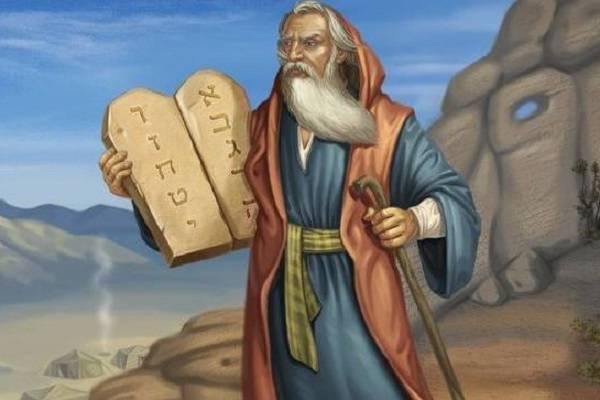As King David said, “God’s Torah is perfect…it refreshes the soul” (Psalms 19:7). No need to add, no grounds to subtract.
By Ari Enkin, Rabbinic Director, United with Israel
This week’s Torah portion is “Va’etchanan” (Deuteronomy 3:23-7:11) and in it we read about a rather intriguing commandment: “You shall not add onto the matter that I command you and neither shall you detract from it” (Deut. 4:2).
There are actually two laws hidden in this verse. The first is a ban against adding mitzvot (Torah commandments). For example, it is forbidden to place two mezuzah scrolls on one’s doorpost, to where tefillin (phylacteries) on both of one’s arms, or to add new kosher restrictions, and the like. The second law is a ban against detracting, revising, or cancelling any of the mitzvot of the Torah.
It is noted, however, that the first law, against adding mitzvot to the Torah, is something we would not naturally do. Furthermore, even if one would indeed add or create more mitzvot, one would only be doing so out of a love for God and a desire to serve Him even more thoroughly, so what’s so wrong with that?
The second law, against subtracting, and by extension, not fulfilling the already given mitzvot of the Torah is obvious! How many times previously in the Torah have we been warned to observe the Torah’s commandments?
What’s going on over here?
It is explained that the ban on subtracting mitzvot of the Torah is indeed necessary in order for people not to suggest down the road that certain mitzvot are no longer relevant or that certain mitzvot were only needed to be observed in antiquity but not nowadays.
Indeed, there have been many leaders throughout the years, including greats such as King Solomon, who felt that some mitzvot weren’t applicable to them or that they didn’t need certain mitzvot to keep faithful. As history proved over and over again: they were wrong. We are equal in God’s eyes, especially in terms of performing the mitzvot of the Torah. Like they say, no one is above the law.
As to the ban on adding commandments to the Torah, it is explained that one of the reasons for its importance is that no one should think that God’s Torah needs perfecting, tweaking, or enhancement. As commendable as it might seem to want to add to the Torah, not only is it forbidden, but doing so has even ended in tragedy.
God told Adam and Eve that the world is theirs and that they should enjoy it as they see fit. They may eat anything they desire. There was one exception, of course. “Do not eat from the tree of knowledge.” God only said that there was a ban on eating from the fruit of the tree, but Eve added to the commandment and said to Mr. Snake, “God said not to eat and not to touch the tree.” It was this added, non-existent commandment that led the snake to victory over Adam and Eve, and the rest is history.
There you have it. As King David said, “God’s Torah is perfect…it refreshes the soul” (Psalms 19:7). No need to add, no grounds to subtract.
For more insights by Rabbi Enkin on this week’s Torah portion, click on the links below.
https://unitedwithisrael.org/living-torah-what-does-it-mean-to-be-the-chosen-people/
https://unitedwithisrael.org/living-torah-when-your-aim-is-true-nothing-is-impossible/
https://unitedwithisrael.org/living-torah-why-does-judaism-prohibit-marrying-outside-the-faith/
